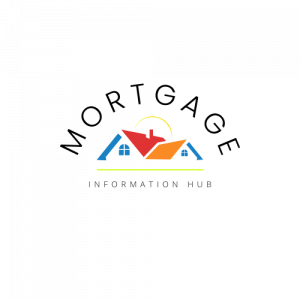
Bridging loans offer a versatile and temporary financial solution to bridge the gap between your immediate needs and the availability of funds.
Bridging loans are short-term financial instruments designed to provide a quick influx of cash when needed. Just as a bridge connects two distinct points, these loans act as a bridge between the moment you require funds and when they become accessible. They are particularly useful when timing mismatches occur, such as when purchasing a property before securing a mortgage.
Bridging loans serve a myriad of purposes, most notably property transactions. For instance, if you’re eyeing a property that requires renovations, a bridging loan can fund the purchase and renovations. Once complete, a traditional mortgage can replace the bridging loan.
Open bridging loans suit situations with uncertain timelines. Imagine you’re purchasing a new property before finalising the sale of your current one. An open bridge allows you to proceed without a fixed repayment date, accommodating the fluidity of the process.
Closed bridging loans, on the other hand, come into play when you have a definite repayment plan. Lenders have clear insight into how you’ll repay the loan and by what date, making it a more structured arrangement.
Interest is a key consideration with bridging loans. Usually, interest rates are relatively high due to their short-term nature. Interest can be paid monthly, akin to rent, or rolled up, accumulating over the loan term, and paid in a lump sum when the loan matures.

Written in August 2023 by:
Sam Chester
Rolled up interest is an arrangement where interest accumulates throughout the loan term, instead of being paid monthly. This sum is paid in addition to the principal amount when the loan matures. It’s crucial to understand how rolled up interest impacts your repayment amount.
In some cases, lenders might place a charge on an asset you own, usually property. This serves as security for the loan, giving lenders assurance that they can recoup their funds if you default. While this adds a layer of protection for lenders, it’s essential to fully comprehend the implications of this arrangement.
Even with a bridging loan, having accessible cash is vital. Lenders often expect borrowers to contribute a portion of the property’s value, usually around 20%. This ensures you have a vested interest in the transaction and mitigates the risk for lenders.
Several alternatives exist to bridging loans, depending on your circumstances:
Second Charge: A legal charge on your property, similar to a mortgage.
While seeking financial solutions, exercise caution with:

We’re like human search engines, but with a side of humour!
So ask away, and we’ll sprinkle some laughter into your answers! No silly questions, only hilarious responses allowed!

The content within this article is as accurate as the date it was written. To ensure the most up to date information, you should consult with one of the experts that we work with as every lender and their polices are different and can be changed or amended without notice.
This website is for information only and does not constitute financial advice. Our mortgage advisers are all fully qualified to provide mortgage advice in accordance with the Financial Conduct Authority (FCA) regulations. We only exclusively operate with businesses that are authorised and regulated by the FCA. All advice offered will be unique to your individual circumstances.
Some Buy to Let mortgages are not regulated by the FCA. You should carefully consider securing other debts against your home. If you do not keep up your mortgage repayments, your home may be repossessed. Equity released from your home will also be secured against it.

Ready to join the party?
Give us a ring-a-ding!
We're thrilled to hear from you! Whether it's a question, a suggestion, or just a friendly chat, we're all ears!
Calling us is like a direct line to awesome-ness! Our team is here to make your day brighter!
Don't be shy, let's talk and have a blast together!

🌟 We're here to assist you every step of the way in finding the perfect broker for your needs.
Simply fill out the form below, and our knowledgeable team will serve as your trusted mortgage guides.
Now, let's lighten the mood with a mortgage-related joke:
Why did the mortgage broker bring a ladder to work?
Because they wanted to reach new heights in finding the best deals! 😄🏠